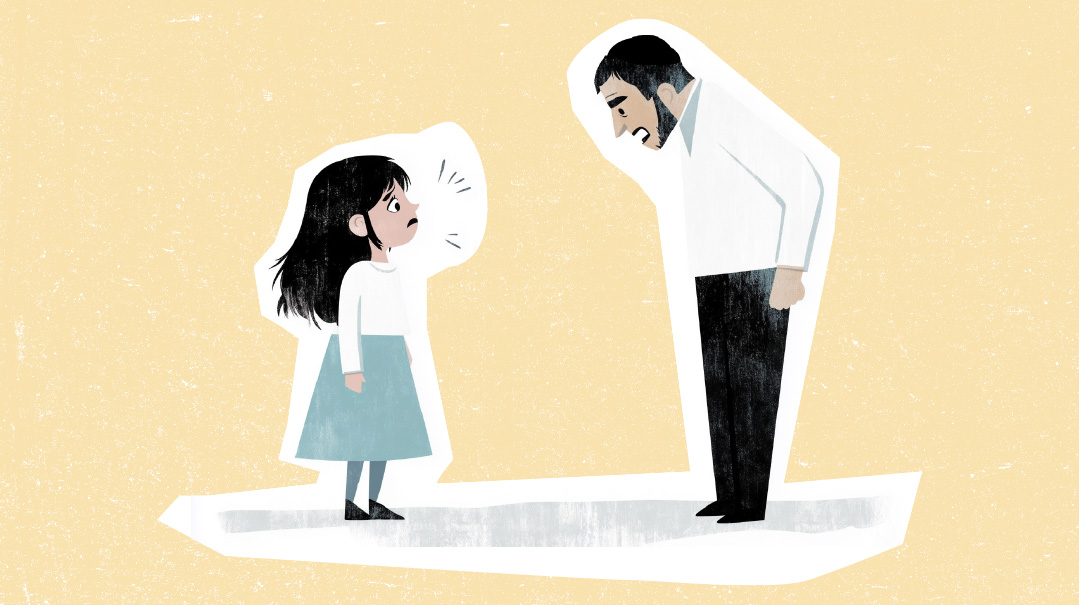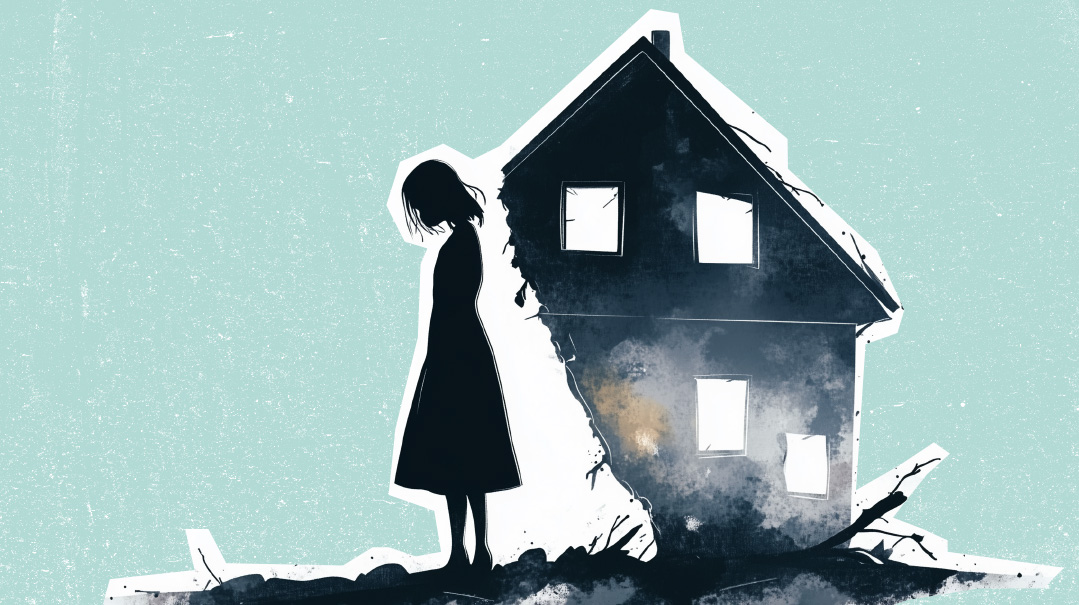“How Do I Live with Crushing Guilt?”

The feeling you have is not guilt, but rather grief

Q
I’m a 59-year-old woman. I got married at age 20. From the beginning, my marriage has been difficult. My husband, Moshe, had (and still has) a lot of “issues.” Especially when he was younger, Moshe was messy, critical, bossy, and had a bad temper. (He’s mellowed a bit now that he’s older and since we can afford cleaning help, his messy habits matter less.) For most of our marriage, he went to bed at two or three a.m. nightly and slept in late in the mornings, ignoring all of his obligations. He didn’t care how I felt about this. He did whatever he wanted to do.
As a younger father he was impatient and short-tempered; none of our eight children ever became close to him. He’s quieter now, but can still be sarcastic or unpleasant to the kids when they visit. I always tried my best to compensate, showering the children with affection and praise and making sure they had everything they needed.
Moshe never succeeded in making a living, relying instead on my income (I worked full-time as a bookkeeper) and also some support from my family. Unfortunately, he had no problem spending money and often put us into really bad financial situations. All in all, I have to say that I felt disappointed and resentful in the marriage. My siblings all have good marriages to wonderful people and raised beautiful children, whereas I had so many challenges. I tried my best, but I’m sure that my true feelings often leaked through in the way I spoke to my husband even in front of the kids, and this is something I constantly struggled with and felt guilty for while raising a family.
Here is my current issue. My youngest son is 22 years old and showing signs of being like his father. He has trouble getting up in the morning and trouble functioning in general. I don’t want him to get married anytime soon, as I don’t want him to inflict unhappiness on some innocent girl. I’ve learned the hard way — with my 37-year-old son who is now divorced — that today’s young women don’t have the patience or commitment or the willingness to put up with poor behavior in their husbands like the women in my age group have.
I also have a 34-year-old daughter who is single and who seems to be rejecting all prospects with any flimsy excuse. I don’t think she wants to get married. Although five of my kids are doing well, I feel responsible for the difficulties that these three are suffering. Our home was far from ideal, and I know this has affected them. The guilt is overwhelming. But what was I supposed to do? I felt that divorce would have been worse for them as they would have had to be away from me for a lot of the time and they would have been alone with a man who obviously wasn’t going to be able to take good care of them. I felt the best thing I could do was to hold the family together. But I see that some of them have been seriously harmed, and even though the others “look” okay, maybe they also struggle privately. How do I live with all this guilt?
A
Guilt is an appropriate feeling when we’ve done something wrong. It’s a voice of conscience, coming from the higher self, that reminds us that we can and should do better. I believe that the feeling you’re calling guilt is probably something else. After all, you didn’t do anything wrong. You were the best mother you could be and the best wife you could be under the difficult circumstances. Anyone might discover — after the chuppah — that the person they married isn’t really up to the task of being a proper spouse and parent. There are no guarantees when it comes to marriage. Everything is up to Hashem.
Hashem gave you a serious challenge and you rose to the occasion. You had difficult choices to make, but I believe you made the correct one: You felt that many more of your children may have been damaged had you chosen to go the route of divorce. Clearly, it was Hashem’s Will that your children experience developmental challenges in order to ultimately achieve their particular life missions. The combination of their total environment, their personal experiences, genes, and free will, all coalesce to bring about the unique personalities that your children are today.
Naturally, it pains you to see some of them suffering and self-sabotaging. The feeling you have is not guilt, but rather grief. You’re very sad that this is what is happening. You wish it were different.
Perhaps you can take comfort in knowing that your love will always nurture your children on their journey and that Hashem will be with them every step of the way. Don’t blame yourself or your husband; understand that we don’t understand and that our obligation is only to continue doing the best we can do.
(Originally featured in Family First, Issue 920)
Oops! We could not locate your form.





